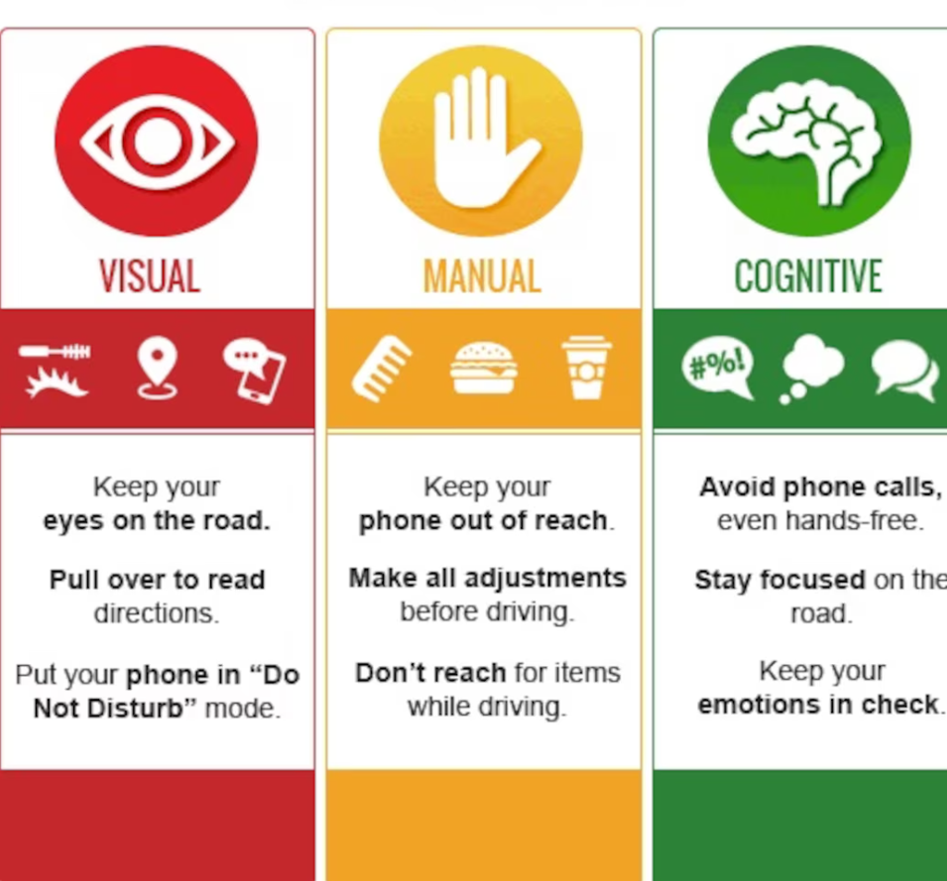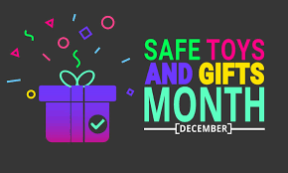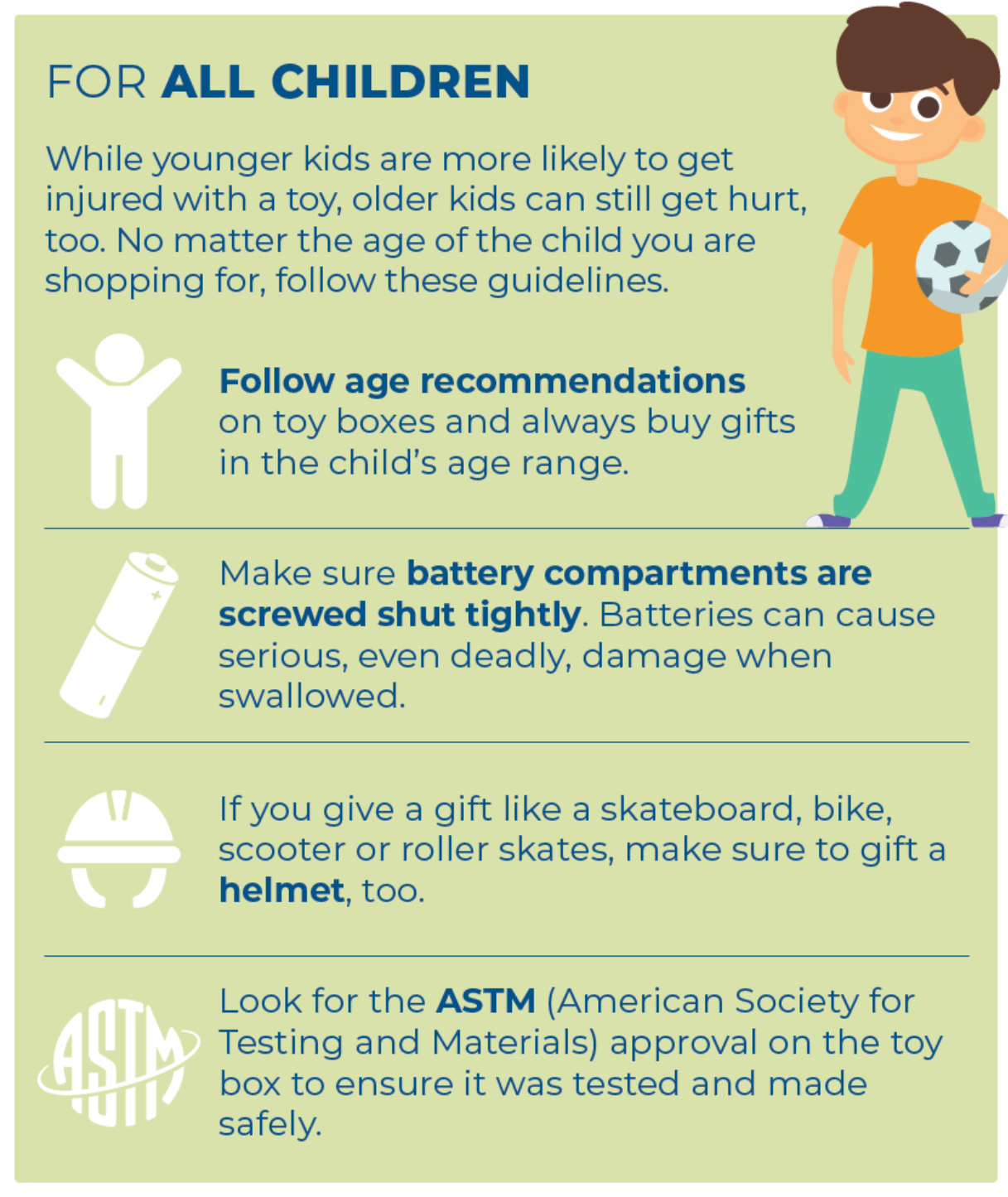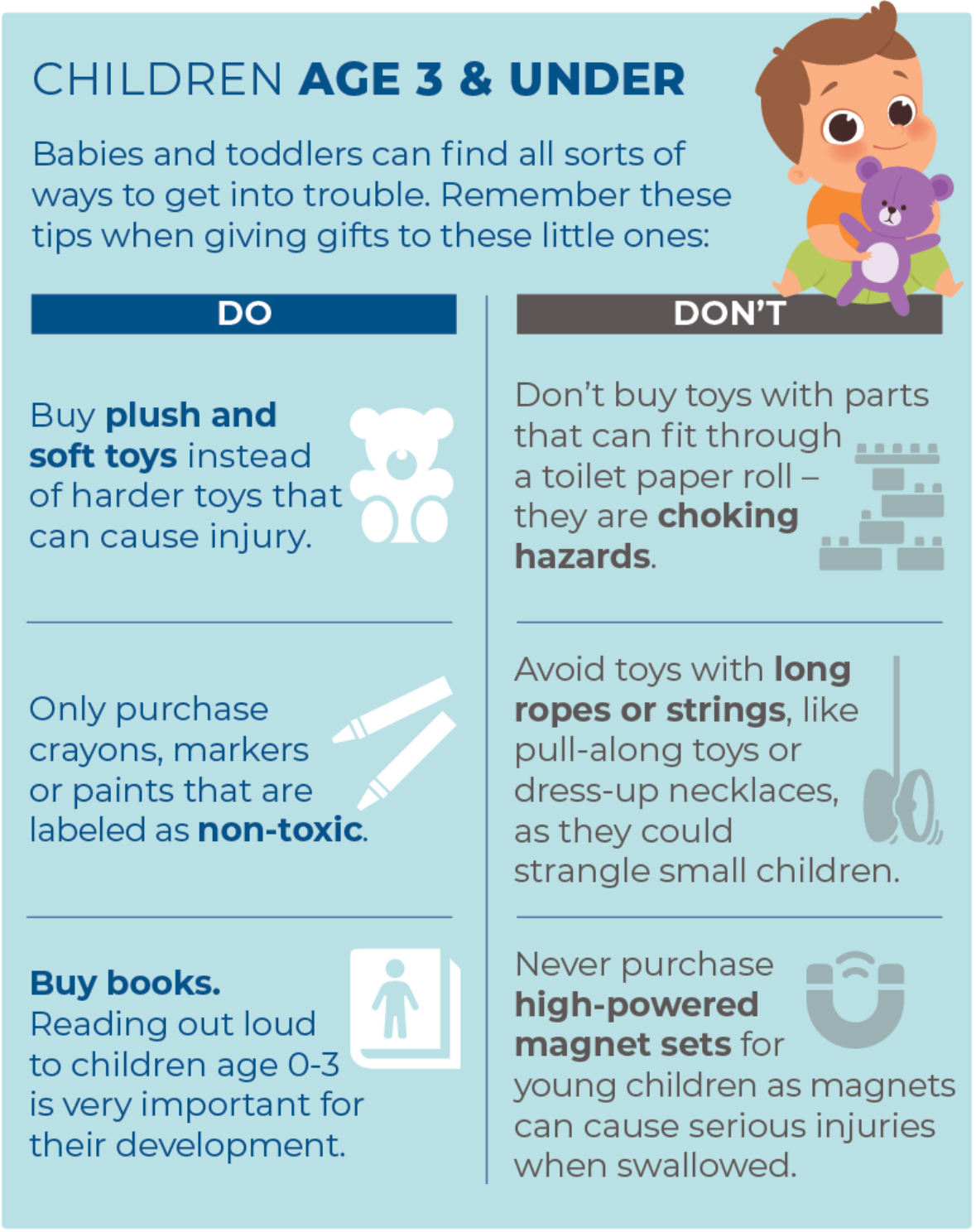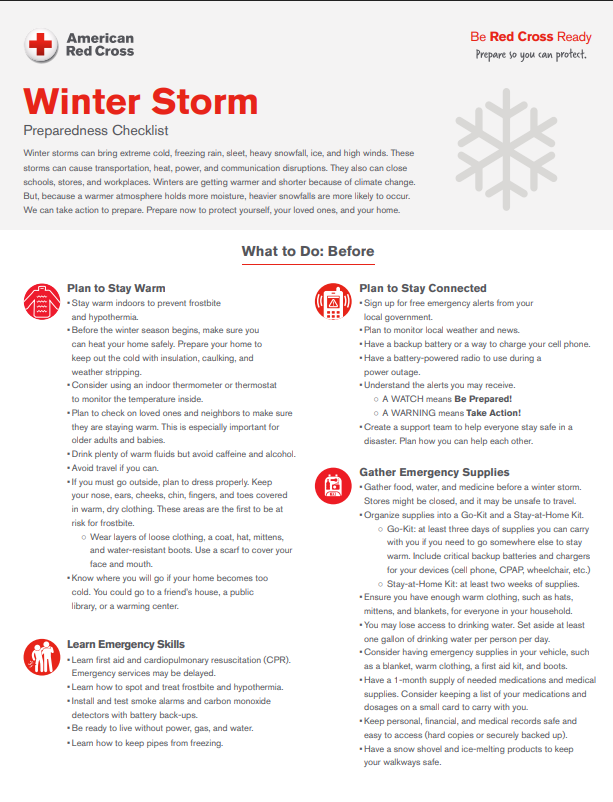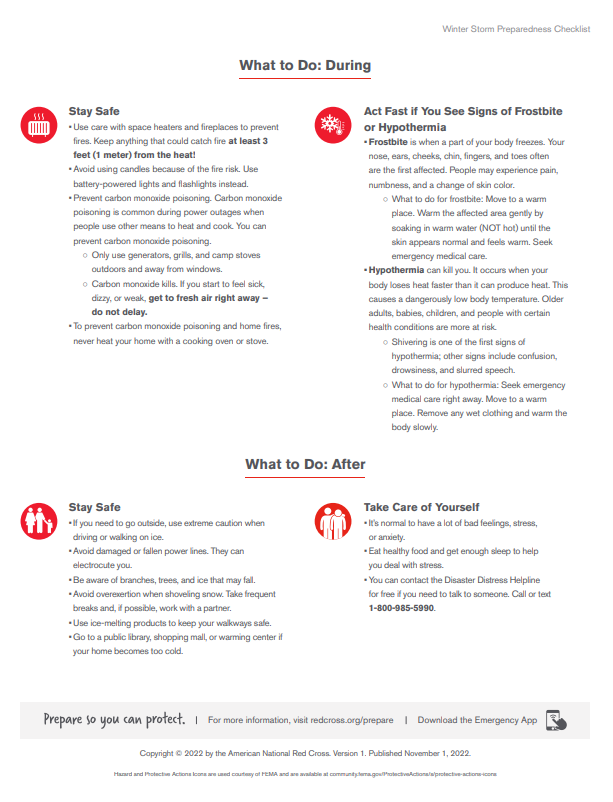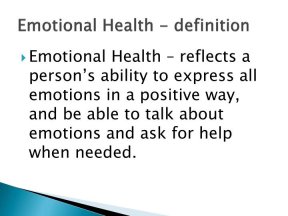This applies to both men and women: You should visit your health care provider regularly, even if you feel healthy. The purpose of these visits is to:
- Screen for medical issues
- Assess your risk for future medical problems
- Encourage a healthy lifestyle
- Update vaccinations and other preventive care services
- Help you get to know your provider in case of an illness
. (We featured Men's Health Awareness as a Wellness Wednesday June 12, 2024 page 8.)
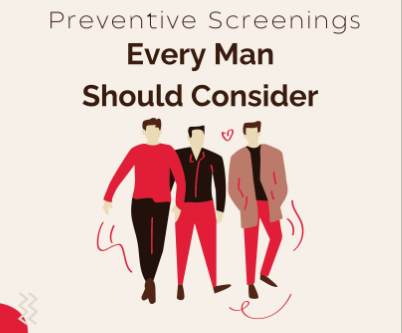
You will notice many of these screenings are for all people.
Physical/wellbeing: Screenings are an important part of staying well, especially for men as they get older and face a higher risk of certain long-term health conditions. These routine checks are designed to pick up on potential problems—like heart disease, diabetes, or cancer—early on, often before any noticeable symptoms appear. Detecting these issues early means treatment can begin sooner, often making it more effective and less intensive.
Making time for regular screenings is a practical way for men to take charge of their health. It helps maintain energy, physical function, and independence over the years. More than just preventing illness, it’s about preserving your quality of life and giving yourself the best chance to stay well and active for as long as possible.
Prostate Cancer Screening: This is one of the most common cancers in men, particularly for those who are 50 and over. Many types of prostate cancer grow slowly in most men; however, early diagnosis and detection will allow for an easier and less invasive treatment. Prostate cancer screening tests that may be offered are the PSA blood test, the digital rectal exam and/or a prostate ultrasound. This is recommended for men aged 50–70 with average risk or men aged 40-45 with a family history or an increased risk.
STD Screening: A sexually transmitted disease is any infection that spreads through sexual contact. For males, an STD can take hold in the urethra, penis, prostate, testicles, rectum, throat, or bloodstream. If it goes untreated, an infection can cause pain, interfere with fertility, or lead to serious long‑term illness such as HIV. That’s why regular screening and prompt treatment matter. In general, for all sexually active men annual screenings at a minimum, even with no symptoms. If a man has multiple partners, unprotected sex, or a part of a high-risk group, every 3-6 months is the recommendation. All adults ages 18 to 79 should get a one-time test for hepatitis C. All people ages 15 to 65 should get a one-time test for HIV (human immunodeficiency virus.
Cholesterol and Blood Pressure: High levels of cholesterol increase your risk of stroke and heart disease. A simple blood test will help your primary care physician (PCP) determine your numbers and if you're at risk. If you have a family history of diabetes or heart disease, you may need yearly screenings. Blood Pressure tests measure the pressure in your arteries as your heart pumps. Biennial (every two years) checks are recommended if you have normal blood pressure or more frequently if you have high blood pressure (hypertension) or low blood pressure (hypotension). Normal blood pressure below 120 systolic (top number) and 80 diastolic (bottom number).
Diabetes Test: A diabetes test analyzes your blood glucose levels. Screening should be repeated every 3 years if you are overweight or have obesity. You should be tested more often if you have other risk factors for diabetes, such as you have a first degree relative with diabetes or you have high blood pressure, prediabetes, or a history of heart disease.
Colonoscopy: A colonoscopy is a procedure doctors use to examine the lining of the colon and rectum for signs of colorectal cancer. If you are under age 45, talk to your provider about getting screened. You may need to be screened if you have a strong family history of colon cancer or polyps. Screening may also be considered if you have risk factors such as a history of inflammatory bowel disease or polyps. If you are age 45 to 75, you should be screened.
Abdominal aortic aneurysm: If you've ever smoked, you should have an ultrasound to test for an abdominal aortic aneurysm—a weakened area of the aorta that can enlarge and rupture if it gets too large. Otherwise, men who have never smoked are at decreased risk, and your doctor can decide if this screening is necessary.
Bone Density Test: A men's bone structure screening primarily involves a bone mineral density test, such as a DEXA scan to assess bone health and fracture risk. This screening is recommended for men 70 and older or those with risk factors including a family history of osteoporosis, long-term steroid use, low testosterone, or a history of fractures.
Hearing and Vision Screening: Hearing and vision screening tests look for whether you have problems hearing and seeing. Unless you notice problems in your vision or hearing, these are the guidelines for adults age 20-39, vision tests every 10 years, adults 40 to 64 vision checks every 2-4 years, adults over age of 65, annual vision test. For hearing tests adults ages 18 to 49 should be checked every 10 years, over the age of 50 every 3 years
Oral Health Checkup: An oral health checkup involves getting a teeth cleaning, an oral health exam, and X-rays of your mouth. Your dentist can also diagnose oral cancer, gum disease, mouth infections and other conditions that can spread to the rest of your body. You should have an oral health checkup and teeth cleaning one to two times a year throughout your adult life.

